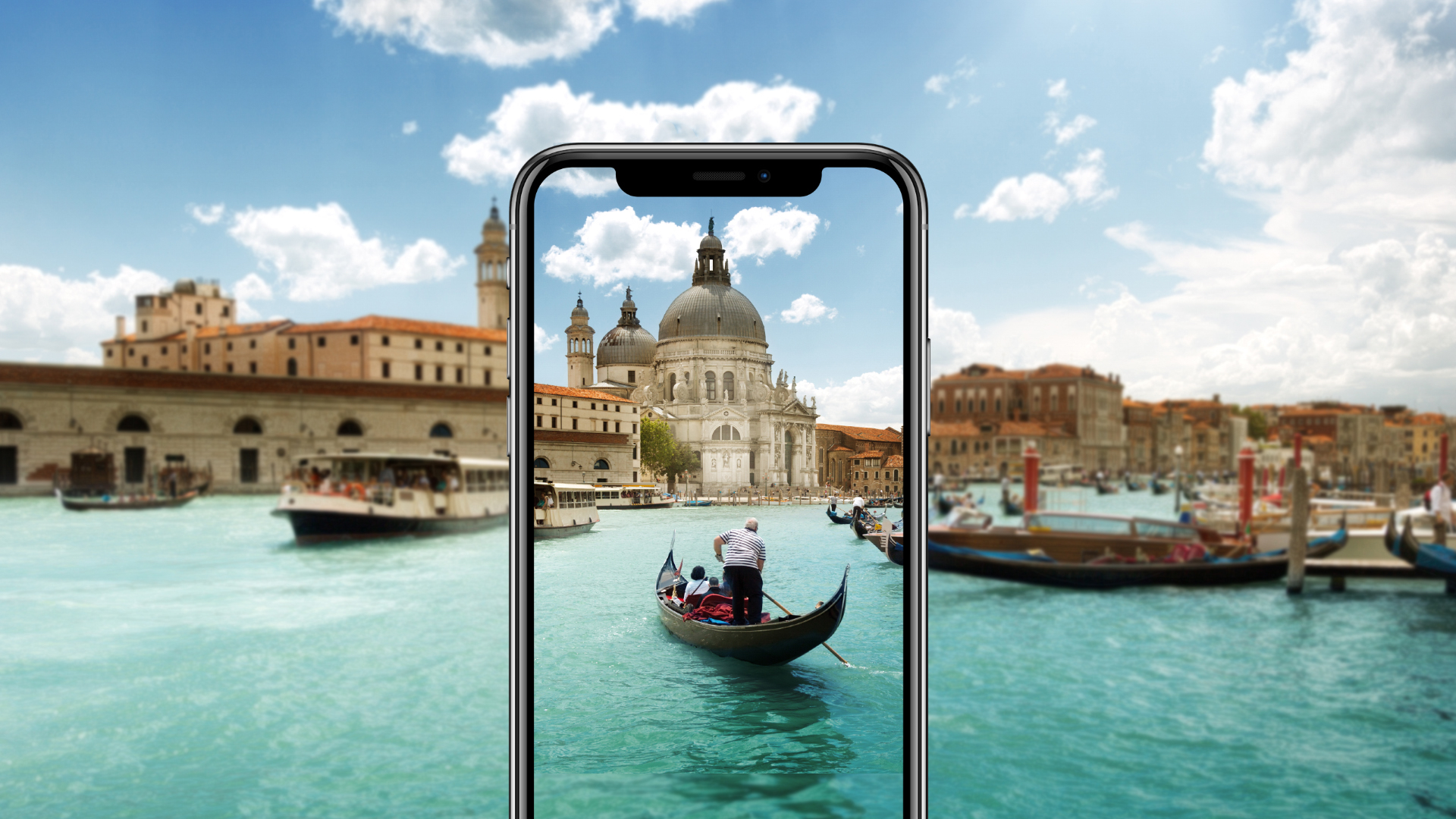Can an app restart a national tourism industry? Sounds far-fetched, dystopian even, but such is the goal of WeChat Tourism’s Mini Program in Italy. And if there’s one market with supersized restorative powers, it’s China.
Italy, rather than France or Germany, stands as the most popular European destination for Chinese travelers. Last year, six million tourists spent $720 million and with 2020 designated as the Italy-China Year of Culture and Tourism projections had estimated double digit growth. Coronavirus may have dashed all forecasts, but a strong rebound is hoped for across late summer and fall.
For years, the sight of large Chinese tour groups idling by Rome’s Trevi Fountain or milling across Florence’s Ponte Vecchio has defined the market, but the future rests with independent Chinese travelers and that’s where the WeChat Mini Program comes in.
Functioning as a non-downloadable app within China’s most popular social media platform, the Mini Program, pioneered by Italy’s official tourism board, ENIT, aims to solve two key problems faced by independent Chinese travelers; limited access to Chinese-language information and an inability to pay in RMB via WeChat Pay, a popular digital mobile payment system.
When launched in the run-up to October’s Golden Week, the Mini Program will focus on Milan, Venice, Rome, and Florence, spotlighting 4000 Museums, 55 UNESCO sites, and more than 500 monuments. The goal is allow Chinese visitors to organize an entire trip on a single app by creating a digital handbook that provides information on both the iconic landmarks and lesser known attractions — thereby addressing the increasing demand for niche, local experiences.
Value China, the marketing technology company tasked with designing the Mini Program, outlines a two-step process beginning with providing essential travel information before incorporating more advanced functions such as pre-travel virtual experiences, an AI translator, and mobile payment options.
“It’s designed to fit Chinese tourists’ habits: quick, simple, and ready to use,” says Value China’s Erika Bonaccorso, “[tourists] get practical information on what to do, where to go, current events, book events or museum tickets, or even hire a Chinese speaking guide.”
The Milan-based company gained Tencent’s trust after winning a WeChat Developer competition in Berlin last year that involved creating a Mini Program enhancing Chinese visits to Boisset’s 30 global wineries. Now, Value China is applying its experience of creating programs that offer pre-trip inspiration and post-visit social sharing homeward. Its focus? Quality tourism.
“We’re creating a new scenario for the relaunch of tourism in Italy,” says Bonaccorso, “We will privilege attractions that represent values of quality tourism to tell the excellence of Italian hospitality.” This will mean gradually incorporating information on charming towns and villages outside of Italy’s major urban centers, as well as a system that supports tourists paying for the transport “directly with WeChat Pay”.
With the E.U. having only recently reopened its borders to China, the prospect of independent Chinese travelers exploring the quaint streets of a hilltop Tuscan town seems remote, but in time Value China will ensure they’ll have an app to get there.




